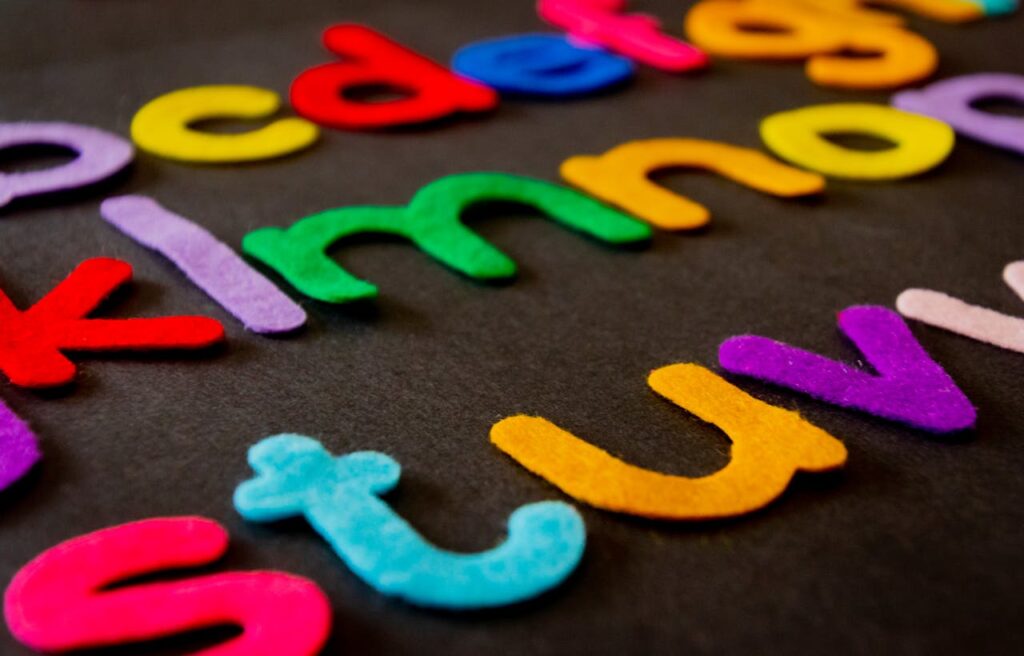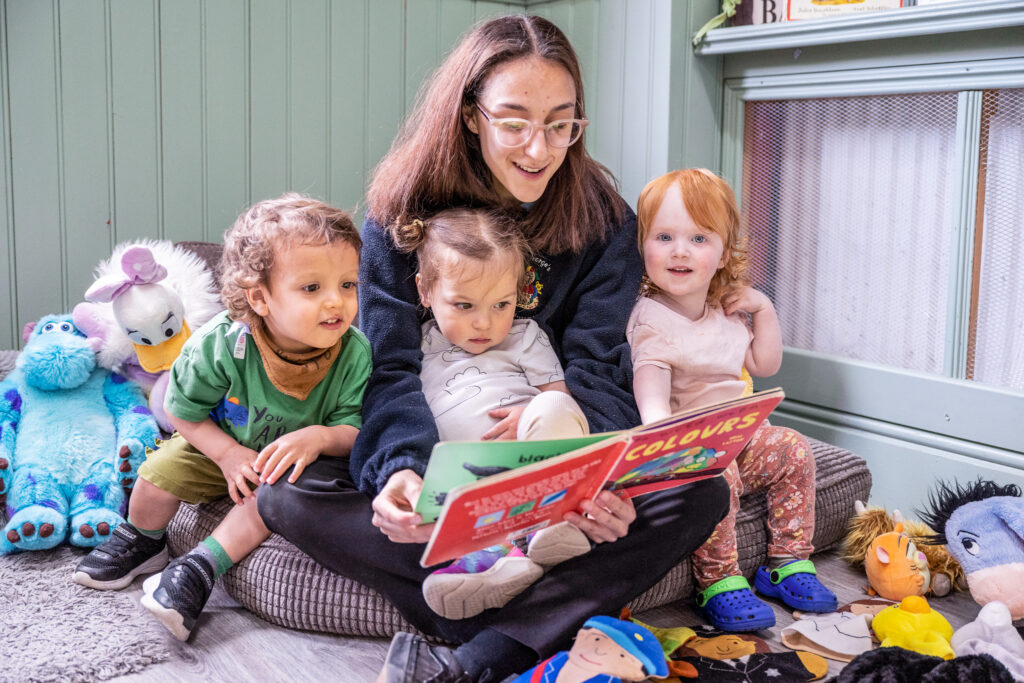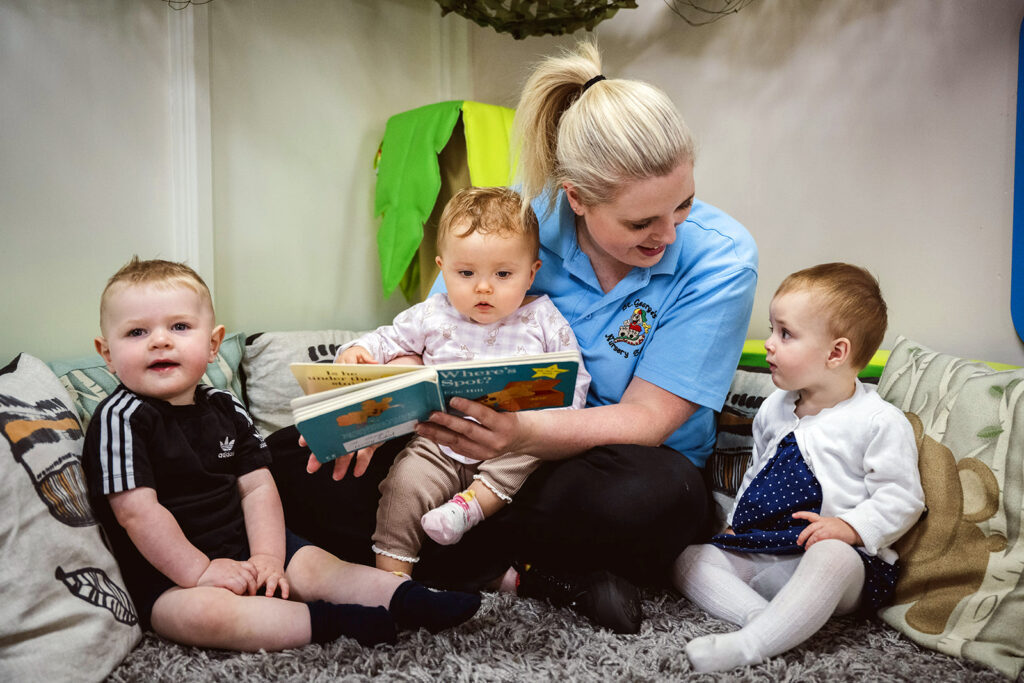Supporting your child during the transition out of lockdown
You and your child may be feeling excited about the easing of some of the lockdown restrictions. But it’s also normal for children and young people to feel worried or anxious about transitioning out of lockdown. We’ve all experienced significant changes to our daily lives and routines – and we’re living with lots of uncertainty about the coming weeks and months.
During lockdown, we’ve had to stay home for long periods of time and we’ve been instructed to keep our distance from others. You and your child may have become very aware of keeping yourselves and others safe, and this can feel worrying.
As some lockdown measures begin to ease, some children and young people may find it difficult and it may take them some time to adjust.
Here are six things you can do to support your child:
1) Explain the changes to the lockdown restrictions.
Find out how they’re feeling and what they’re thinking about. Let them know it’s okay to feel scared or unsure, and try to answer their questions and reassure them in an age-appropriate way. Remember, you do not need to know all the answers, but talking things through can help them feel calmer and provide them with some reassurance.
2) Get your child to reflect on how they are feeling about having closer contact with some people and going outside more often.
Get them thinking about what feels comfortable and right for them, and prepare them for the fact that some people may react differently to meeting up.
3) Remind them why the rules are in place.
Remind them that the rules are there to help keep themselves and others safe, and that they’re not forever – things will eventually go back to normal.
4) Spend quality time doing positive activities with your child
– such as reading, playing, painting or cooking. This will help to reassure them and give them a break from any worries they have. This is also a great way of providing a space for them to talk through their concerns, without having a ‘big chat’.
5) Keep routines
Keep as many regular routines going as possible to help your child feel safe and secure.
6) Remember that this is a gradual process and that your child may need some time to adjust to the new situation.
If your child is feeling worried or overwhelmed, arrange catch-ups with family and friends on a smaller scale at first and start by making smaller trips outside the home.





